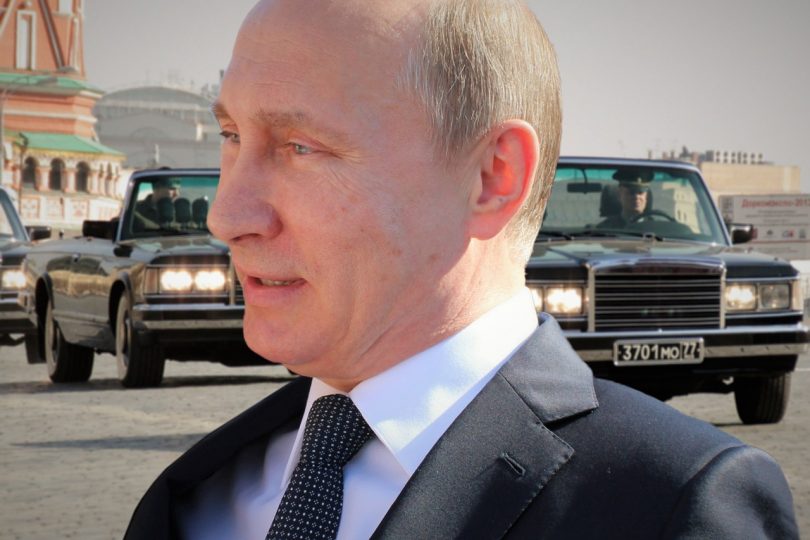Heading into the G8 summit in Northern Ireland, the issue surrounding the crisis in Syria was on the top of the list.
Heading into the G8 summit in Northern Ireland, the issue surrounding the crisis in Syria was on the top of the list. 93,000 people are said to have died in the conflict according to estimates from the United Nations, and the question on the minds of many is what these leaders would do about it.
The Russian president Vladmir Putin has stated support for the Syrian government and its president, Bashar al-Assad, which caused a significant disagreement within the group of leaders. Yet, at the end of the conference, it was agreed for talks between Syrian leaders and the West to be held in Geneva, Switzerland, though it is not clear when exactly that will happen.
Russia still a concern
As peace talks were pressed, the issue of engaging Russia was still a concern, as the views between Moscow and the other G8 members significantly differed. Putin had suggested that Assad be a part of the transitional process for the selection of a new government.
Speaking in the German capital Berlin, US President Barack Obama stressed that Assad should not be a part of any transition process. “At this point, President Putin believes that what would replace Assad would be worse than Assad himself,” Obama said. “What will become more and more apparent to him over the weeks and months, that without a different government, you cannot bring peace.”
Indeed, in remarks during a visit to the Irish capital Dublin, ahead of the talks, Canadian Prime Minister Stephen Harper, according to a report in the Canadian newspaper The Globe and Mail, said he significantly disagreed with the view by Putin, noting the tension between the West and Russia.
“Mr. Putin and his government are supporting the thugs of the Assad regime for their own reasons that I do not think are justifiable and Mr. Putin knows my view on that,” Harper said. “I don’t think we should fool ourselves. This is G7, plus one. That's what this is, G7 plus one.”
Reaching an agreement
The goal in the long-term, many observers say, is that Putin will get on the side of the allies and bring Syria to the table for negotiations. That is especially the hope of, the Times’ report adds, diplomats in Britain, France and the United States. A spokesperson for the UN Secretary-General Ban-ki Moon said Ban stood ready to convene talks as soon as possible to help reach an agreement.
Although the solution appears one to be of good standing moving forward, there is still a significant political debate to address when it comes to implementing. The viewpoint from officials in Moscow and reluctance to change would likely complicate the overall discussions between London, Ottawa, Washington, Paris and others. Another path may need to be taken.
Diplomacy is key
Speaking on the floor of the House of Commons the day after the summit, Prime Minister David Cameron said diplomacy was the key at the end of the day. “We are committed to using diplomacy to end this war with a political solution,” Cameron said. “This is not easy. But the essential first step must be to get agreement between the main international powers with influence on Syria. That is what we have done at the G8 in Lough Erne. We must now work to turn these commitments into action.”
The question is, will they?
What do you think? Will Vladimir Putin change his mind? What is the political future of this crisis? Have your say in the comments section below, on Facebook or on Twitter.









